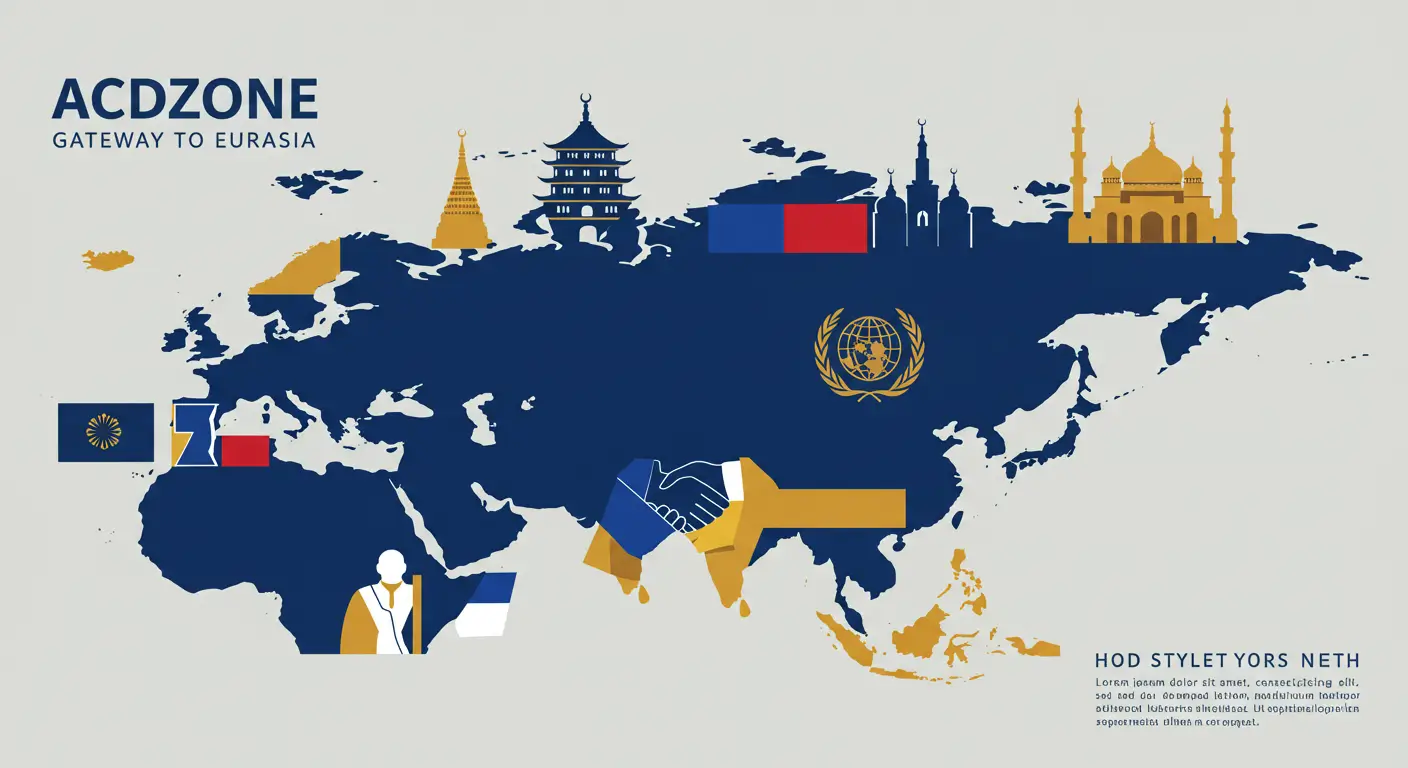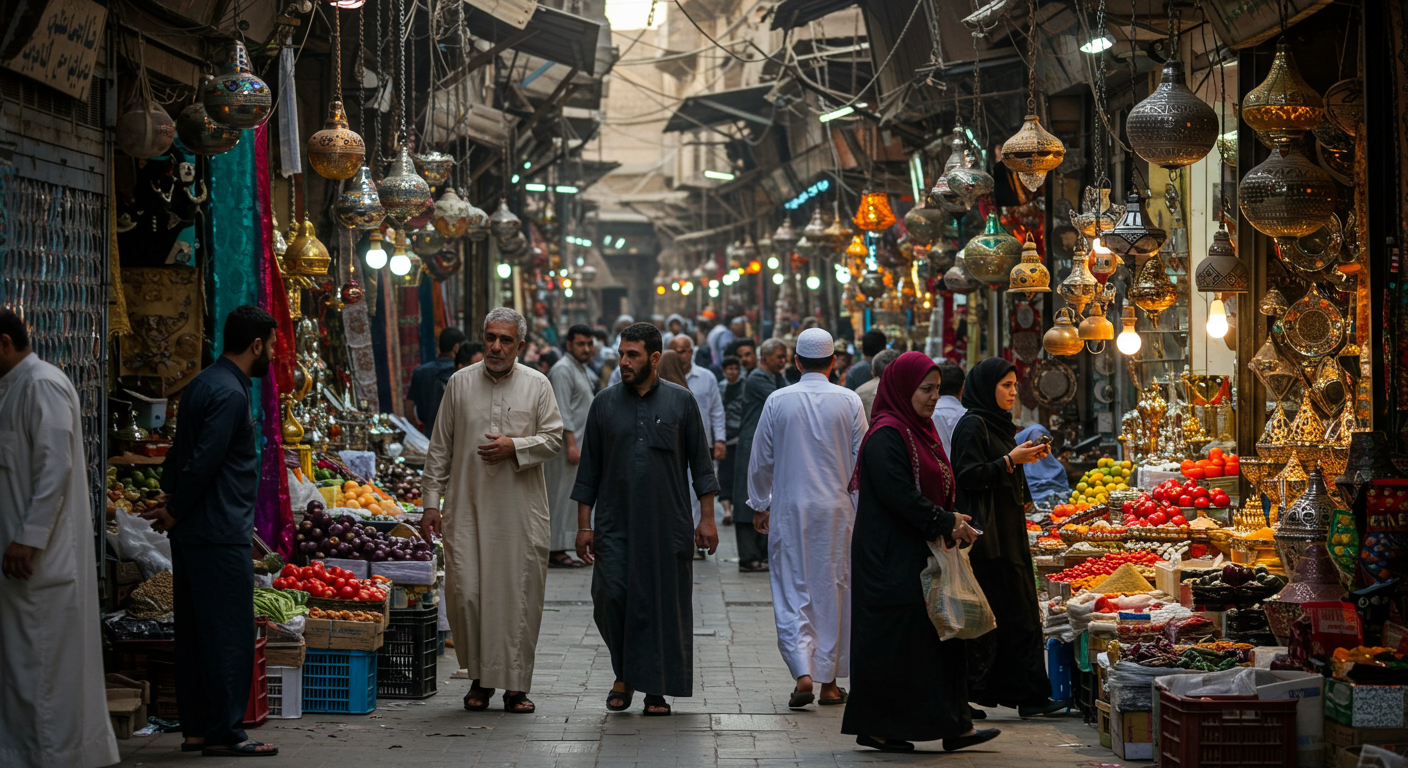The Lifestyle of Iraqis: Tradition, Family, and Modern Transformation
Introduction
Iraqi society stands at the intersection of deep-rooted tradition and modern shifts. From family structures to urban life, from culinary heritage to youth culture, the lifestyle in Iraq reflects a dynamic blend of the old and the emerging new.
Social Structure
Family remains a cornerstone of Iraqi society. Extended family systems are still prevalent, especially in rural and southern areas. The father typically plays the role of the primary decision-maker, and values like respect for elders and familial cohesion are passed down through generations.
In urban centers such as Baghdad and Erbil, nuclear families are becoming more common, yet kinship and clan ties continue to play a vital social role.
Housing and Living Spaces
Traditional Iraqi homes feature central courtyards, shaded verandas, and enclosed green spaces, emphasizing privacy and community living.
In modern cities, apartment living is on the rise, but architectural elements inspired by Islamic and Arabic styles—such as decorative brickwork and arches—remain common.
In rural areas, mudbrick or clay houses are still in use, designed with practicality and the local climate in mind.
Food and Culinary Traditions
Iraqi cuisine is a rich mix of Arabic, Kurdish, Turkish, and Persian influences. Signature dishes include masgouf (grilled Tigris river fish), kubba, dolma, quzi, and timman bagilla (rice with fava beans).
Sweet black tea is an essential part of daily life and a key element of hospitality in Iraqi homes.
Role of Women
Women in Iraq are increasingly visible in education, medicine, law, media, and even politics. While traditional roles centered on family and childcare remain common, particularly in conservative areas, urban centers like Baghdad and Basra reflect a more diverse presence of women in public life.
Dress styles range from traditional abayas and hijabs to modern attire, reflecting a spectrum of cultural expression.
Education and Leisure
Public education in Iraq is free and compulsory, though its quality varies by region. Iraqi youth often pursue careers in engineering, medicine, and technical fields.
Leisure activities include family gatherings, visits to local cafés, watching football, and social media engagement.
In recent years, cinemas, shopping malls, and coffee shops have become increasingly popular, especially in the Kurdistan Region.
Religion and Daily Life
Religion plays a central role in the lives of many Iraqis. Shi’a, Sunni, Kurdish, Yazidi, Christian, and Mandaean communities each maintain distinct religious practices and traditions.
Religious observances such as Arbaeen, Ramadan, and pilgrimage seasons shape the rhythm of everyday life. Yet many families strive to balance religious values with the practicalities of modern living.
Cultural Shifts
Iraq’s younger generation is actively reshaping societal norms. Despite economic and security challenges, young Iraqis are exploring new cultural identities through internet usage, pop music, modern fashion, and social media platforms.
This cultural evolution is giving rise to a more multifaceted urban lifestyle and redefining what it means to be Iraqi in the 21st century.
Conclusion
Iraq’s lifestyle is a tapestry woven from tradition, family values, and evolving modern dynamics. As Iraqis navigate between preserving their heritage and embracing contemporary realities, they are shaping a future that is both rooted and forward-looking.





No comment